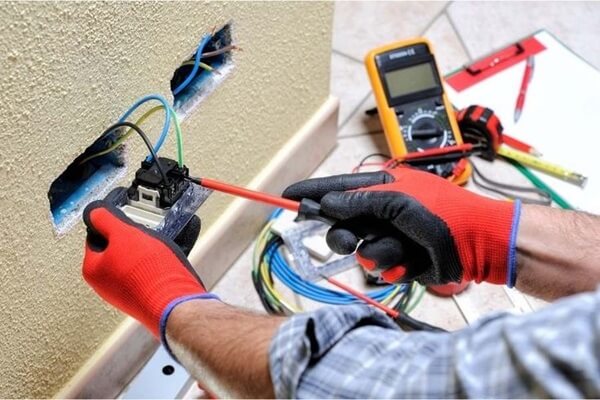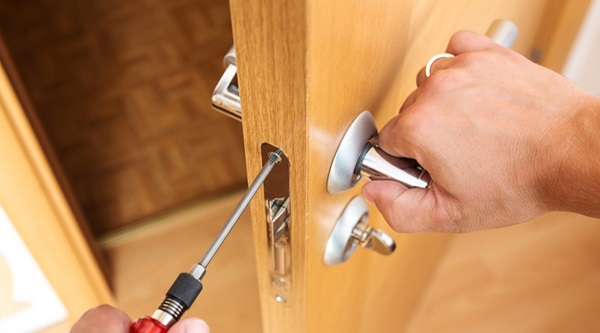Buying a new house for the first time is an exciting time, and the urge to decorate but with the excitement of homeownership comes the responsibility of maintaining your property. Your home is your investment that needs both internal and external maintenance with regular cleanings and inspections to ensure everything is safe and functional.
However, many new buyers may be daunted, a little overwhelmed, and not have any idea about home maintenance tasks. Today, in this article, we have put together a detailed list of the top five essential home maintenance tasks for first-time buyers to help you navigate this new journey. These tasks range from regular checks to occasional repairs, and they will help keep your home in great condition for the years to come.
1) Conduct Regular Inspections
Conducting regular inspections is the first step in maintaining your new home. Always make your time every month to walk through your property and check for any signs of damage or wear. Pay attention to the following areas:
-
Roof
Check your rooftop for missing or damaged shingles, signs of water leakage, and any debris buildup. Taking care of roofing issues promptly can prevent costly water damage and structural problems.
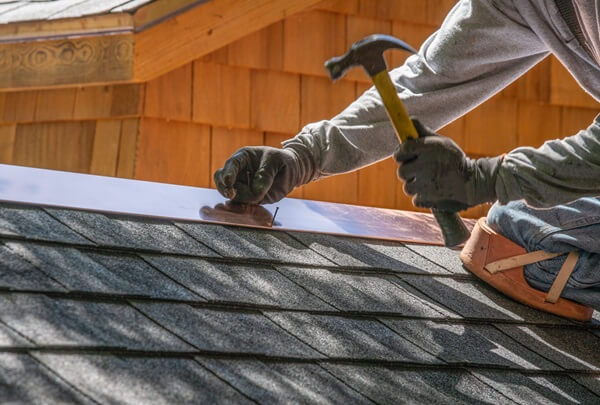
-
Gutters and Downspouts
You should clean out your gutters and downspouts to avoid clogs and water overflow. These clogged gutters can cause water damage to your home’s foundation, siding, and landscaping. You can use tools like Work gloves, Hand trowel, Hose with sprayer, Rake, and Plastic garbage bags to clean Gutters.
-
Exterior Walls
Inspect your house’s exterior walls as there may be cracks, gaps, or signs of moisture intrusion. Seal any openings by using the right caulk to prevent water penetration and pests from entering your home.
-
Windows and Doors
Check your windows and doors for air leaks, damaged seals, or malfunctioning locks. Sealed your windows and doors by using tools like Non-expanding foam sealant spray, Fiberglass insulation, and Caulk to improve energy efficiency and enhance security.
2) Maintain Your Plumbing System
Proper plumbing maintenance is essential for preventing leaks, water damage, and mold growth in your home. Here are some tips you can follow to avoid plumbing problems.
-
Check for Leaks
Water leaking problems can occur under sinks, around toilets, and in basements or crawl spaces. So, inspect those places once a month as addressing leaks promptly can prevent water damage and mold growth.
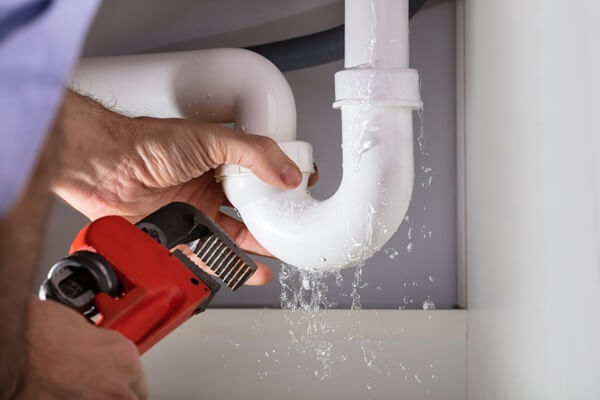
-
Inspect Water Heater
Check your water heater regularly for signs of corrosion, leaks, or inefficient operation. Annually cleaning or flushing helps to remove sediment buildup and prolongs the lifespan of your water heater.
-
Prevent Frozen Pipes
During cold weather, the frozen pipes can burst and cause extensive water damage to your home. So, insulate exposed pipes and allow faucets to drip as running water through the pipe—even at a trickle—helps prevent pipes from freezing.
-
Maintain Drains
For better drainage, and to prevent structural damage and drain clogs, you should keep your drains clear of hair, grease, and other debris. You can use tools like a plunger or drain snake to unclog minor blockages. However, avoid using chemical drain cleaners, which can damage pipes.
You can avoid plumbing emergencies and prolong the lifespan of your system by staying vigilant and proactive about plumbing maintenance.
3) Protect Your Home from Pests
Several Pests like termites, rodents, mold and mildew, and insects can cause significant damage to your home. Inspect your basement, garage, attic, bathrooms, and home’s exterior for mold and mildew. Similarly, make sure dead insects, rodent droppings, termite frass, and insects are not around your house.
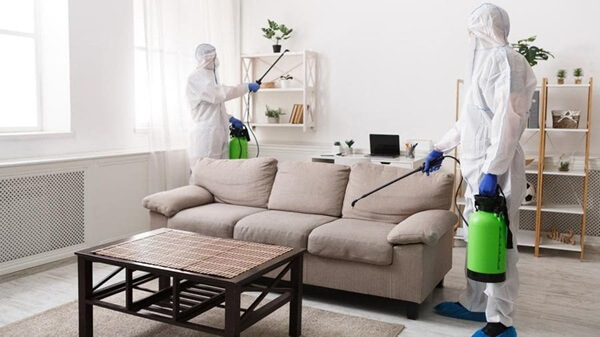
Take the following steps to protect your home from infestations:
-
Inspect for Signs of Pests
Pay attention to areas where pests often hide, such as damp basements, attics, and crawl spaces, and look for signs of pest activity such as droppings, gnaw marks, or wood damage.
-
Seal Entry Points
To prevent pests from entering, seal cracks, gaps, and openings around your home’s exterior. You can use materials like caulk or weatherstripping to seal gaps around windows, doors, and utility penetrations.
-
Keep Your Home Clean
Eliminate the food sources and hiding spots by cleaning and decluttering your home regularly. It is better to store food in airtight containers, and promptly clean up spills and crumbs to avoid pests.
Also Read: Everything You Need To Know About Growing Magnolias In Containers
Frequently Asked Question
How can I prevent pest infestations in my home?
To prevent pest infestations, seal any cracks or gaps in your home’s exterior to prevent pests from entering.
How often should I conduct home inspections?

